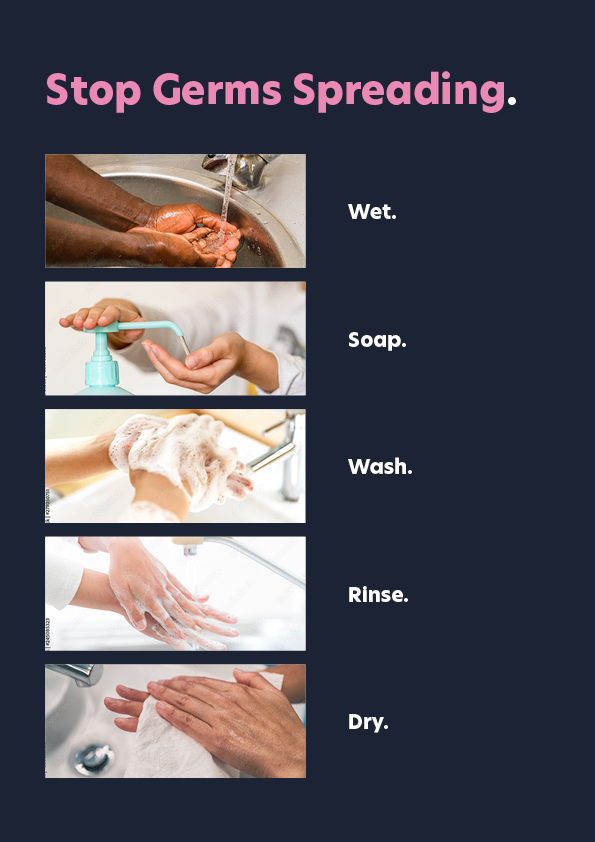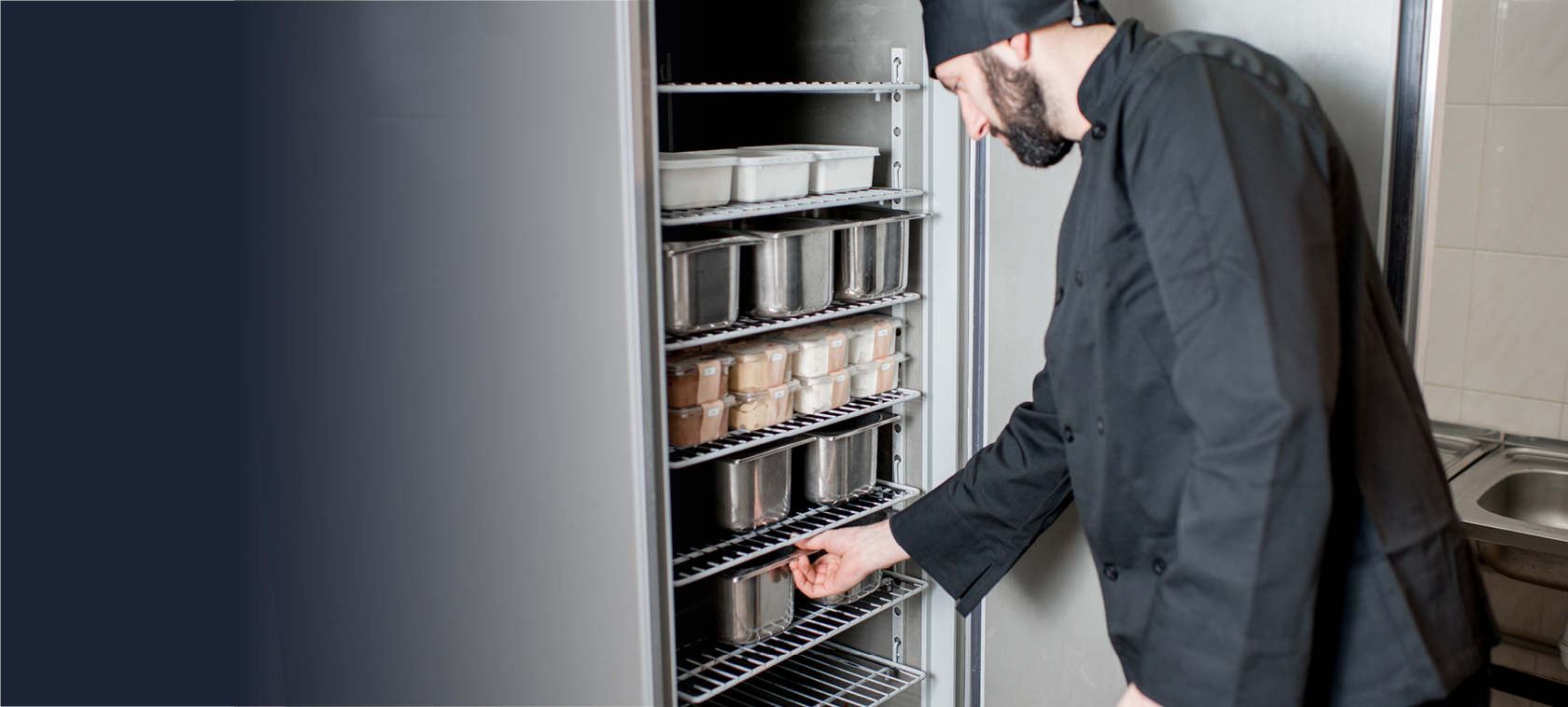This winter is forecast to bring one of the most severe flu seasons in recent years, starting earlier and spreading faster than usual. For hospitality businesses, this means taking proactive steps now to protect staff, reassure guests, and maintain smooth operations during one of the busiest times of the year.
Why Flu Is a Serious Risk for Hospitality
Flu is a respiratory illness that spreads through droplets and contaminated surfaces. Symptoms include fever, cough, sore throat, muscle aches, and fatigue. While unpleasant for individuals, the wider impact on hospitality can be significant—staff absences, operational challenges, and increased pressure on remaining team members. Unlike norovirus, flu can linger for weeks in a workforce if not managed properly.
Sneezes and coughs can also spread other pathogens (in addition to the flu virus), including bacteria such as Staphylococcus aureus, which pose additional infection risks particularly in hospitality settings.
Encouraging Vaccination: Benefits and Practicalities
Vaccination is the most effective way to reduce illness severity and protect vulnerable individuals. However, businesses should plan for:
- Time off for appointments – Staff may need flexibility to attend clinics without disrupting service.
- Costs – Some employers choose to cover vaccination costs or provide vouchers; others signpost local pharmacies.
- Communication – Explain why vaccination matters for both personal health and business continuity. A clear message helps overcome reluctance and ensures staff feel supported.
Managing Reluctance to Take Time Off
Peak season brings extra pressure, and staff may feel reluctant to take time off if ill—worried about being seen as letting the team down or missing out on earnings before Christmas. To address this:
- Reinforce that staying home protects colleagues and guests.
- Make policies clear and consistent: staff with flu symptoms should stay home until at least 24–48 hours after fever subsides.
- Encourage managers to lead by example and reassure teams that health and safety are priorities, not optional.
Hygiene and Respiratory Etiquette
Simple measures make a big difference:
- Promote regular handwashing and provide sanitiser in staff and guest areas.
- Supply tissues and bins, and remind staff to cover coughs and sneezes.

- Avoid touching the face unless hands are clean.
- Use signage as a gentle reminder for staff to clean their hands regularly.

Cleaning and Ventilation
Increase cleaning of high-touch surfaces such as menus, door handles, and card machines. Where possible, improve airflow in indoor spaces to reduce transmission risk. Consider scheduling deep cleans during quieter periods.
Planning for Staff Shortages
Cross-train team members and develop contingency plans to maintain service quality if absences occur. This proactive approach reduces stress and keeps operations running smoothly. Identify critical roles and ensure backup coverage is in place.
Communicating with Guests
Subtle messaging about hygiene measures reassures customers without causing alarm. Visible steps—such as sanitiser stations and clean environments—build confidence and show your commitment to safety.
Protecting Vulnerable Individuals
Hospitality venues often welcome guests and employ staff who are more susceptible to severe flu complications, such as older adults, pregnant individuals, and those with chronic health conditions. Practical steps include:
- Seating and timing – Offer quieter areas or off-peak booking options to reduce exposure.
- Enhanced hygiene – Disinfect tables, menus, and payment devices more frequently.
- Staff awareness – Train teams to recognise higher-risk groups and interact respectfully.
- Role adjustments for staff – Reduce exposure to crowded areas or high-contact roles; consider masks if requested.
- Clear communication – Share hygiene measures in a reassuring tone, both online and in-venue.
These measures help protect vulnerable individuals without creating barriers to service.
How Shield Safety Supports You
Managing flu season effectively requires strong hygiene practices, clear policies, and proactive planning. Shield Safety’s suite of cover can help businesses achieve Safe to Trade approval, giving customers visible confidence that your venue meets high safety standards. From expert advice and health and safety systems to monitoring tools and audits, our support helps you stay compliant and prepared—without adding complexity.
FAQ’s
1. What are the main symptoms of flu?
Flu symptoms typically include fever, cough, sore throat, muscle aches, fatigue, and sometimes headaches or mild gastrointestinal issues.
2. How long should staff stay off work if they have flu?
Staff should remain off work until at least 24–48 hours after their fever has subsided without medication, and they feel well enough to return.
3. Does hand sanitiser work against flu?
Yes, alcohol-based hand sanitisers are effective against flu viruses, but regular handwashing with soap and water is still recommended for best protection.
4. Should hospitality businesses pay for staff vaccinations?
It’s not a legal requirement, but covering vaccination costs or providing vouchers can encourage uptake and reduce staff illness during peak season.
5. How can venues reassure guests during flu season?
Visible hygiene measures such as sanitiser stations, regular cleaning, and clear communication about safety practices help reassure guests.
6. What extra steps should be taken for vulnerable guests?
Offer quieter seating areas, enhanced cleaning of high-contact surfaces, and flexible booking options to reduce exposure risks.



